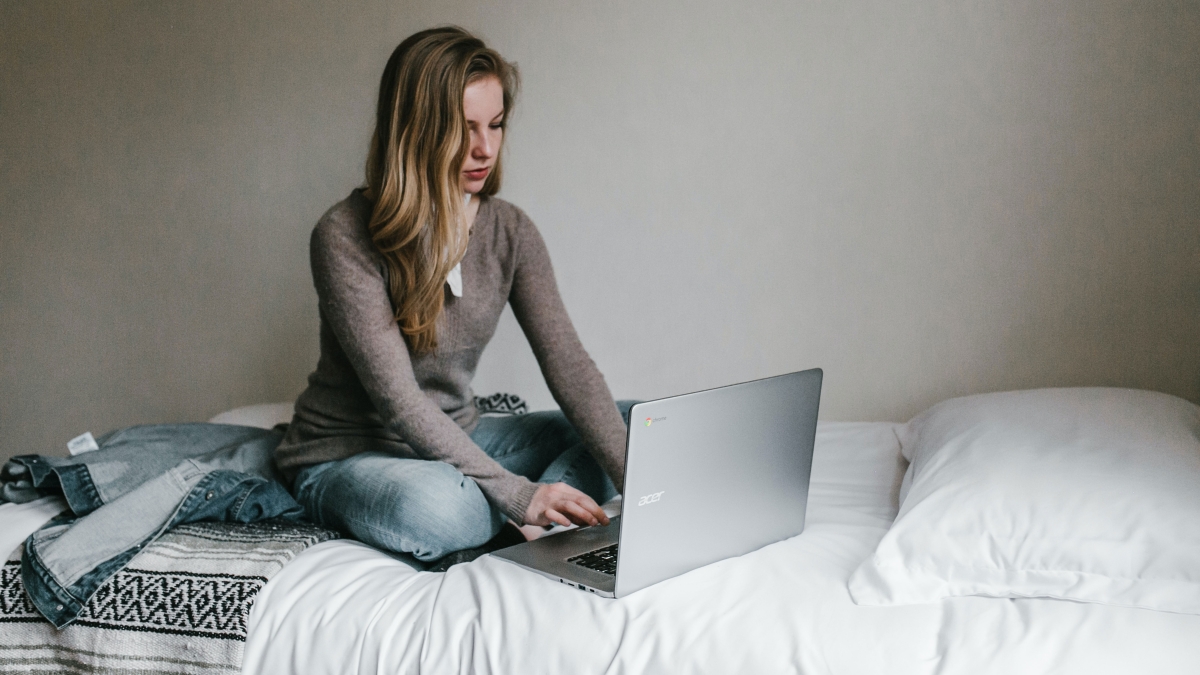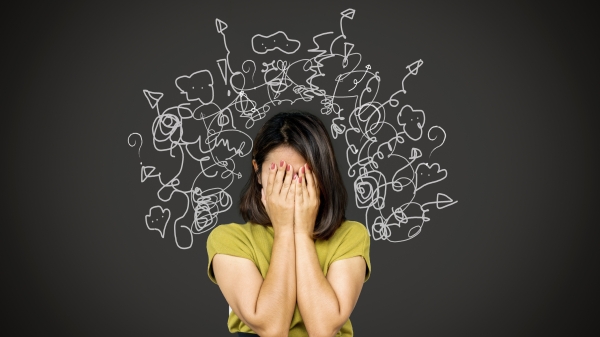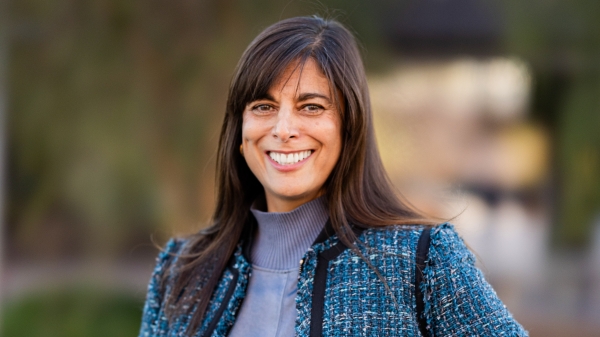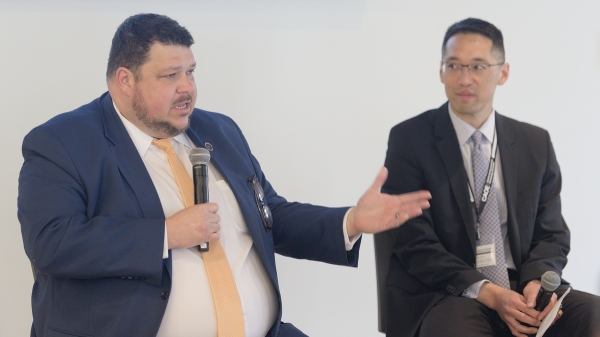Transition to remote learning during pandemic reduced stress, improved sleep in college students
ASU study examines relationship between stress, sleep and the transition to online learning before, after onset of global crisis

Approximately 60% of college students across the United States have reported poor sleep in the last year, with almost 10% meeting the criteria for insomnia. Additionally, 56% of adults have experienced “COVID-somnia” or an increase of sleep disturbances since the beginning of the pandemic.
Research has shown that increased stress is associated with fewer hours of sleep, as well as lower-quality sleep. Additionally, sleep is restorative and helps the body recover from stress. When poor sleep is experienced, the body activates a physiological stress response leading to the release of cortisol, one of our body's main stress hormones. This stress-sleep cycle can lead to feeling irritable and restless and can have a negative impact on a student’s success in the classroom.
Mickie Gusman, a graduate student in Arizona State University's Department of Psychology, recently published a study in the journal SLEEP called, “Stress and Sleep Across the Onset of the COVID-19 Pandemic: Impact of Distance Learning on U.S. College Students’ Health Trajectories.” SLEEP is a peer-reviewed, international journal of sleep and circadian science published by the Sleep Research Society.
This study examined associations between trajectories of stress, sleep duration and sleep quality in college students before, during and after transitioning to online learning due to the COVID-19 pandemic.
Gusman, along with co-authors Leah Doane, associate professor and developmental psychology area head, and psychology professors Kevin Grimm and Adam Cohen, examined biweekly sleep questionnaires from 164 college first-year students to assess stress perception, sleep duration and sleep quality from January to May 2020. Coincidentally, this time period overlapped with the beginning of the COVID-19 pandemic and the eventual shift to remote learning at ASU. This allowed the researchers to investigate how college students slept and handled stress throughout shifting to an online learning environment.
“Initially, we were interested in understanding how stress and sleep changed over time across the transition to college,” Gusman said. “However, we ended up having these great trajectories of before COVID, during the early days of COVID when students transitioned to distance learning, and after the transition to distance learning in the early months of COVID in Arizona.”
The COVID-19 pandemic added stress and uncertainty to everyone’s lives; however, immediately after the transition to remote learning took place, stress and sleep improved in the participants. Although this was a surprising result, this initial improvement in sleep and stress management plateaued after sustained remote learning, with sleep quality eventually deteriorating.
“It is possible that during a time of global uncertainty and threat, having the initial opportunity to reduce daily demands or potential exposure to COVID-19 helped to alleviate some of the stress students had been experiencing. Indeed, this reduction in demands may have also benefited their sleep, allowing them to sleep better. However, our findings suggested that students only received a short-term benefit from this transition to online learning — this effect was not sustained into April and May of 2020,” Doane said.
In addition, days with greater stress exposure and greater overall stress were linked with worse sleep quality — but not duration — suggesting that sleep quality might be particularly affected by daily and global stress in college students.
Gusman’s research suggests that college students' sleep benefited initially from a shift to remote learning, but she isn’t advocating for a permanent shift.
“We're not necessarily advocating for completely transitioning to remote learning if schools are interested in improving stress and sleep in their students,” Gusman said. “But this research could make a case for adaptations in learning modalities during times of global crises.”
Training for better sleep
Last April, Gusman taught a sleep skills group at the ASU Clinical Psychology Center to help students and community members develop better sleep habits and skills. In her curriculum, she emphasized that although poor sleep is an issue, there are skills that you can develop to improve your sleep through building good habits and practice.
Some skills that students can practice are reducing caffeine intake in the afternoon, putting away screens (including phones) prior to bedtime and keeping a consistent sleep schedule on both weekdays and weekends.
This article was supported by the Army Research Institute [grant #W911NF-17-1-0175].
Top photo by Andrew Neel/Unsplash
More Science and technology

The science behind chronic stress
Stress comes in many shapes and sizes. There’s the everyday stress of preparing for a final exam or being stuck in traffic. And the more significant stress of losing a friend, family member,…

ASU planetary scientist to be inducted into the National Academy of Sciences
The National Academy of Sciences is inducting School of Earth and Space Exploration Director Meenakshi Wadhwa into the 2023 class of new members for her pioneering work in planetary sciences and…

Unlocking the potential of AI for homeland security
“Can we do what we're doing now cheaper, more efficiently, more effectively?” Adam Cox, director in the Office of Strategy and Policy at the Department of Homeland Security Science and Technology…